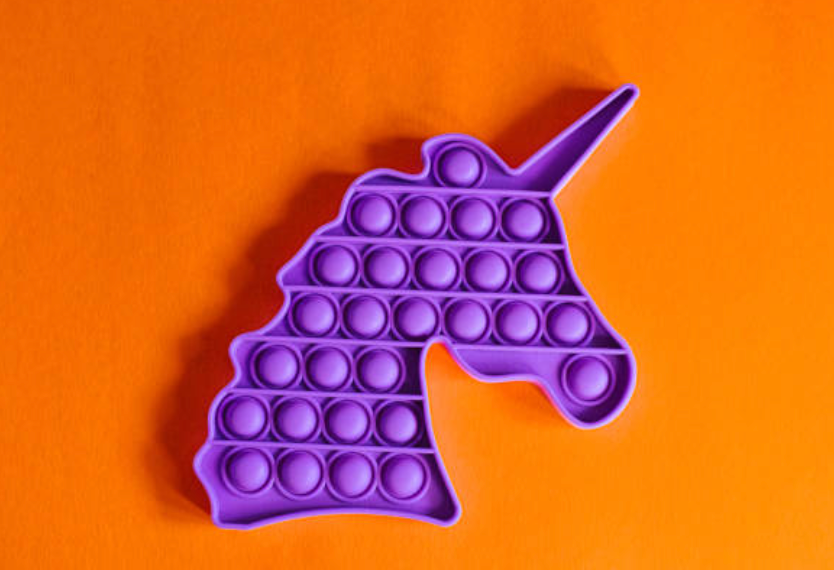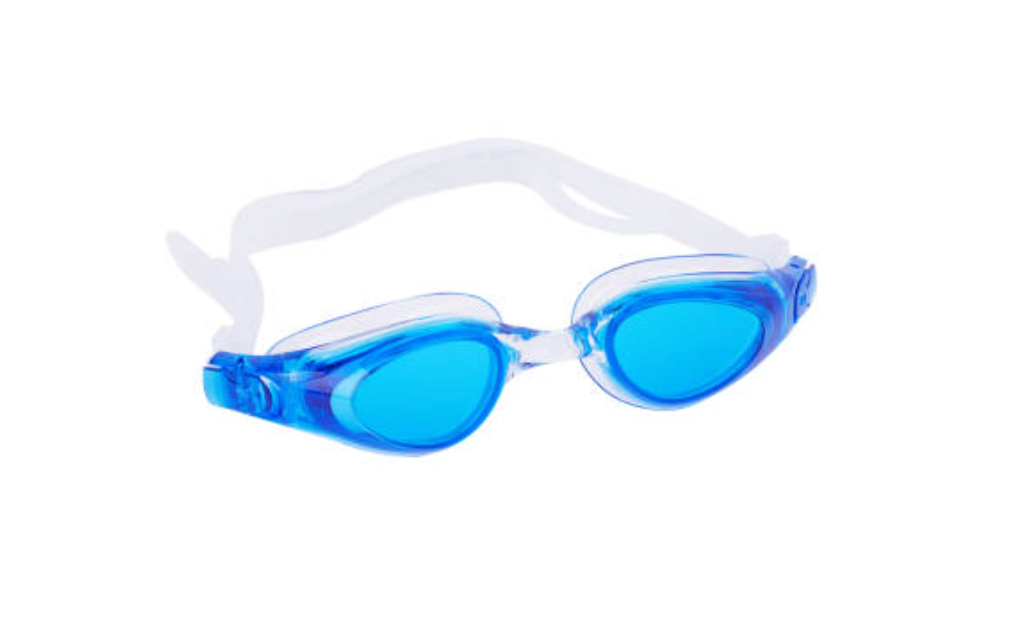In this post, we’ll delve into the environmental advantages of using silicone products, illustrate its eco-friendly applications across industries, and provide insights on how integrating silicone can benefit your business’s sustainability efforts. Buckle up for an enlightening journey into the green side of silicone!
Positive Impacts of Silicone Rubber
Let’s shift gears and explore how silicone positively impacts our environment.

A. Durability: First and foremost, the durability of silicone products is a game-changer. Unlike many other materials, silicone stands the test of time. Its robust nature means that products made from it don’t need frequent replacements, reducing waste and conserving resources. For businesses, this translates into long-lasting products that satisfy customers and promote a sustainable brand image.
B. Heat Resistance: Additionally, the heat resistance of silicone deserves special mention. This material can endure extreme temperatures without compromising its integrity or leaching harmful substances. This feature ensures safety and contributes to a cleaner environment for industries operating under high-temperature conditions, such as automotive or aerospace. Businesses can confidently deliver high-performing, heat-resistant products that uphold environmental responsibility by choosing silicone.
C. Versatility: The versatility of silicone cannot be overstated. Its unique properties make it suitable for various applications across various industries, from automotive and aerospace to healthcare and food processing. Businesses can customize and innovate by choosing silicone, creating products that meet unique needs while minimizing environmental impact.
D. Non-Toxic Nature: Importantly, silicone is a safe material. Its non-reactive nature means it doesn’t release harmful chemicals into the environment. Whether silicone bags are used in food storage containers or medical devices, businesses can ensure their products are high-performing and safe for users and the environment.
E. Recyclability: Lastly, silicone rubber’s recyclability is a significant environmental benefit. While it’s not biodegradable, silicone can be recycled, providing an opportunity for businesses to reduce their waste output. By incorporating used silicone into manufacturing new plastic products themselves, businesses can contribute to a circular economy, reducing their environmental footprint and demonstrating a commitment to sustainability.
Silicone Rubber: The Eco-friendly Material Revolutionizing Industries
The industrial sector is witnessing a transformative shift with the rise of silicone. Its heat resistance and insulating properties make it a preferable choice in automotive, electronics, and more fields.
Additionally, its non-toxic nature safeguards the health of consumers and employees alike. Businesses can leverage these advantages to create safer, more efficient products, contributing to a sustainable future.

Environmental Benefits of Silicone Rubber
As we step into an era where environmental consciousness takes center stage, the importance of eco-friendly materials like silicone cannot be overstated. This versatile material brings efficiency to businesses and minimizes environmental harm.
In the next sections, we’ll explore the environmental benefits of silicone, drawing upon real-world examples of how businesses can leverage these advantages for a greener future.
- Reduced Waste: Silicone products have a significantly longer lifespan than many other materials, translating into less waste. For instance, a silicone gasket used in industrial machinery can withstand wear and tear for years, reducing the frequency of replacements and, by extension, waste.
- Sustainable Production: The silicone industry is also taking strides toward sustainable production. Many manufacturers are now integrating eco-friendly practices into their production processes, such as reducing water and energy use and incorporating recycled silicone products. This commitment to sustainability allows businesses to reduce their environmental impact and align with the growing consumer demand for environmentally responsible products.
- Energy Efficiency: Silicone rubber’s excellent heat resistance properties make it an energy-efficient choice. For instance, in the construction industry, silicone sealants can provide superior insulation, reducing the need for heating or cooling and thus lowering energy consumption.
- Reduced Chemical Exposure: Silicone is chemically stable and doesn’t leach harmful substances, reducing potential chemical exposure. This is particularly beneficial in industries like food processing or healthcare, where preventing chemical contamination is crucial.
- Plastic Alternative: Silicone is a fantastic choice if you’re looking for a more environmentally friendly alternative to plastic. Unlike plastic, silicone is non-toxic and recyclable. Consider this: instead of disposable plastic food containers that harm our planet, businesses can opt for silicone alternatives, which are safe, reusable, and recyclable.
Exploring the Sustainability Factor of Silicone Rubber
Sustainability is a vital factor driving business decisions today. With its versatility and durability, silicone offers a green alternative that doesn’t compromise on quality. It stands up to extreme temperatures, can be recycled, and is notably resistant to wear and tear.

This translates into cost savings, reduced waste, and a reduced carbon footprint for businesses. A strategic switch to silicone can help your business align with environmental goals while maintaining product performance.
Applications of Silicone Rubber Products
With its remarkable properties, silicone has found its way into an impressive array of products, enhancing both their function and sustainability. Let’s explore the diverse applications of silicone products from the kitchen to the factory floor using this versatile material.

Medical Devices
Silicone rubber’s non-reactive and bio-compatible properties make it a preferred choice in healthcare. From catheters to implants, silicone is a trusted material that aligns with safety and hygiene standards.
Skincare Products
In the beauty industry, silicone is used in a variety of products, like facial cleansing brushes and makeup applicators. Its soft, flexible nature makes silicone and ensures a gentle touch, while its non-porous surface prevents bacteria build-up, promoting skin health.
Construction and Home Improvement
In the realm of construction and home improvement, silicone has risen to become an indispensable asset. It’s actively utilized in sealants, adhesives, and insulation, thereby significantly enhancing structures’ durability and weather resistance.
Moreover, its superior resistance to extreme temperatures and moisture doesn’t just guarantee the longevity of buildings and notably boosts energy efficiency. Additionally, its mold-resistant properties contribute to healthier indoor environments. In essence, the adoption of silicone enables businesses to meet their sustainability goals while simultaneously improving their bottom line.
Electronics
Transitioning to the electronics industry, the benefits of pure silicone are equally remarkable. Owing to its excellent insulating and heat-resistant qualities, it is ideal for protective covers for devices and insulation in wiring. It actively shields against heat and electrical conductivity while its flexibility and durability withstand everyday wear and tear. This not only results in cost savings for businesses but also significantly reduces electronic waste.
Baby Products
When we consider baby products, safety is of paramount importance. This is where silicone biodegradable rubber truly excels. Its non-toxic and hypoallergenic properties make it the preferred choice for items like pacifiers and teething toys. Its durability also means these products last longer, ensuring convenience and cost-effectiveness for parents. In summary, using silicone rubber in baby products effectively illustrates how businesses can balance safety, performance, and sustainability in their product range.

Industrial Applications
In the automotive and electronics industries, silicone rubber’s durability, heat resistance, and versatility make it a go-to material for a range of components. Whether it’s sealed in car engines or insulation in electronic devices, silicone biodegradable rubber contributes to longer product lifespans and reduced waste.
Silicone Cookware
Silicone rubber’s heat-resistant and non-toxic properties make silicone environmentally friendly and an excellent cookware material. From baking mats to spatulas, silicone cookware is durable, easy to clean, and doesn’t react with food, making it a safer and more sustainable choice than plastic products or metal.
Automotive Industry
Silicone products such as gaskets, seals, and hoses can withstand extreme temperatures and harsh conditions in vehicles, contributing to longevity and reduced need for replacements.
Food Storage
Silicone food storage products, such as reusable bags and lids, greatly reduce single-use plastic waste. They’re safe for use in the freezer, microwave, and dishwasher, making them a versatile, silicone, eco-friendly solution for preserving food.
Why Consider Silicone Rubber As A Sustainable Alternative To Plastic And Other Materials

As we move towards a more sustainable future, businesses and consumers alike are seeking alternatives to traditional materials like plastic. Silicone products are emerging as a front-runner in this shift, offering numerous environmental and practical benefits better than plastic does. Let’s delve into the reasons why silicone products are a compelling choice for sustainability.
Long-Lasting Durability
One of the most compelling reasons for silicone manufacturers to consider silicone rubber is its impressive durability. Unlike plastic, which can degrade and lose effectiveness over time, silicone products have a long lifespan. This means fewer replacements and less waste ending up in landfills.
- An extended lifespan reduces waste and saves resources.
- Durable silicone products require less frequent replacement.
- Fewer replacements mean less energy consumed in manufacturing and transport.
Safety and Health Benefits
Silicone products are made from non-toxic material, making it a safer alternative to plastics that may leach harmful chemicals. This is particularly so recycling silicone is important in applications that come into contact with food or our bodies, such as cookware and skincare products.
- Silicone is non-reactive and doesn’t leach harmful chemicals into food or the environment.
- It’s hypoallergenic, making it a great choice for products like baby pacifiers or medical devices.
- Silicone doesn’t support microbial growth, contributing to a cleaner, healthier environment.
Sustainable Manufacturing
Many manufacturers are embracing more sustainable practices, and the production of silicone product is no exception. From zero waste to sourcing eco-friendly raw materials to reducing waste during production, these efforts make silicone rubber an even more sustainable choice.
- Manufacturers are finding ways to recycle silicone waste, turning it into reusable silicone industrial lubricant.
- The production process for silicone rubber typically uses less energy than plastics, reducing its carbon footprint.
- Some manufacturers are exploring bio-based alternatives to traditional silicone, further enhancing its environmental credentials.
Silicone rubber is more than just a plastic substitute—it’s a material that significantly benefits sustainability, efficiency, and safety. By choosing silicone products, businesses can contribute to a healthier planet while offering high-quality, durable products to their customers.
Energy Efficiency
Silicone rubber’s remarkable heat resistance makes it safe for high-temperature applications and contributes to energy efficiency. Its excellent insulation properties help reduce energy waste in various industries.
- Silicone insulates effectively, reducing energy loss in wiring and home insulation applications.
- It remains stable at high temperatures, allowing for energy-efficient manufacturing processes.
- Silicone’s heat resistance means products don’t need replacing as often due to heat damage, saving energy in production.
Conclusion
As we conclude, the environmental benefits of silicone products underscore their transformative potential for various industries. Its role in waste reduction, energy efficiency, and as a safer alternative to plastics aligns businesses with eco-friendly practices, meeting growing consumer demand for sustainability. For more insights into the versatile world of silicone rubber, explore our resources, or reach out to us at Hongju Silicone.
Harness The Power Of Silicone For Your Business
Ready to tap into the benefits of silicone products? At Hongju Silicone, we offer a variety of high-quality silicone products designed to meet your specific needs. Discover how we can help your business thrive in an eco-conscious world by visiting our products page here. Make the smart, sustainable choice, and contact us today!